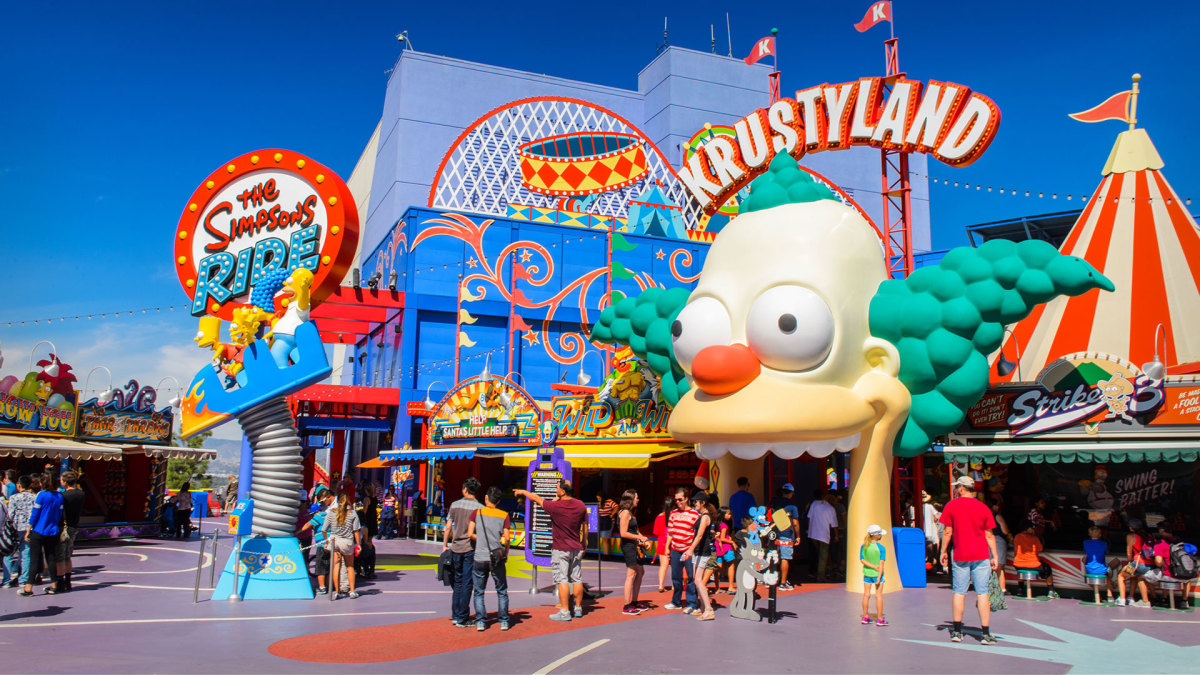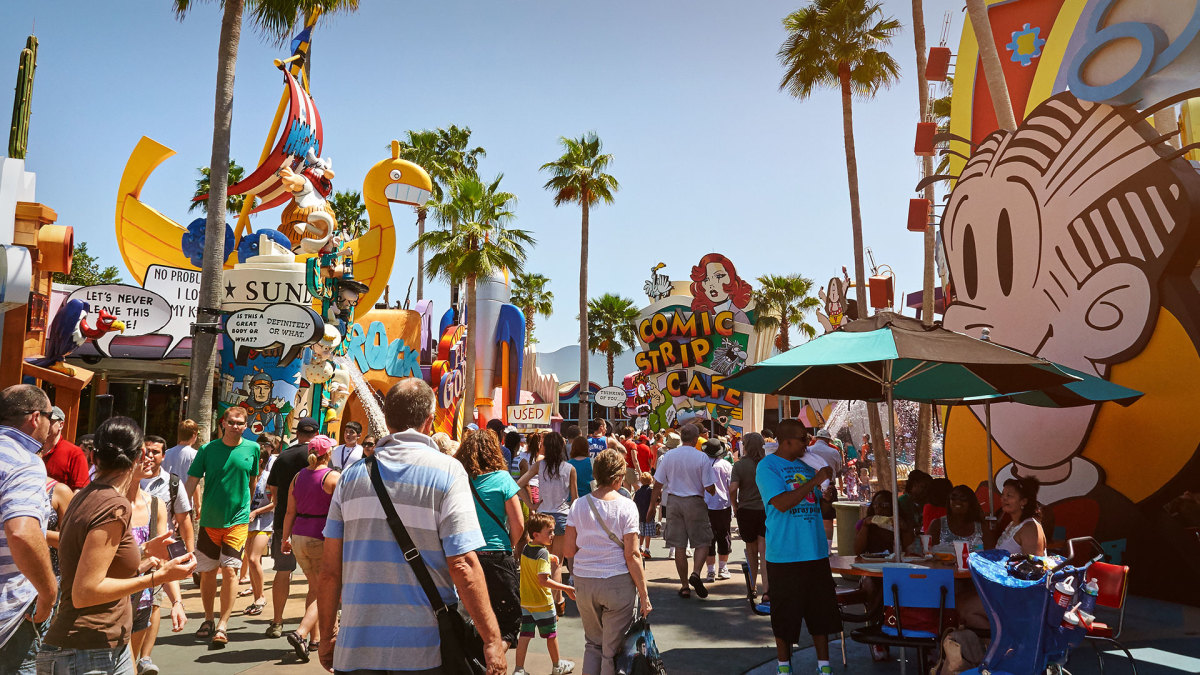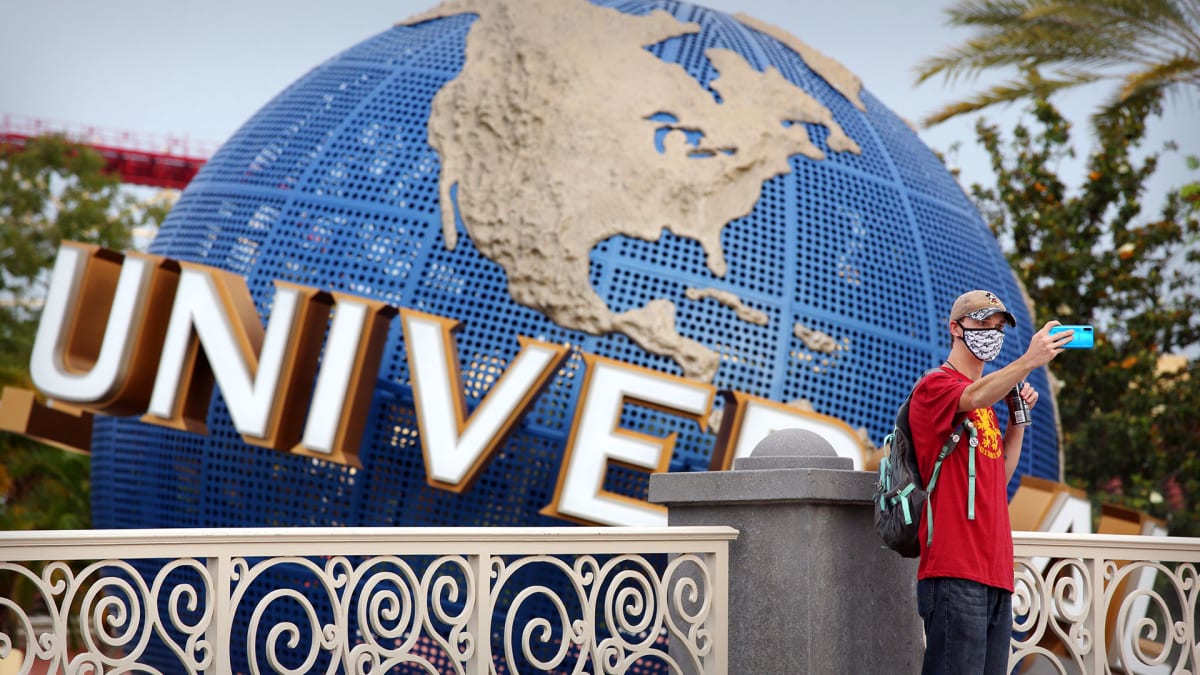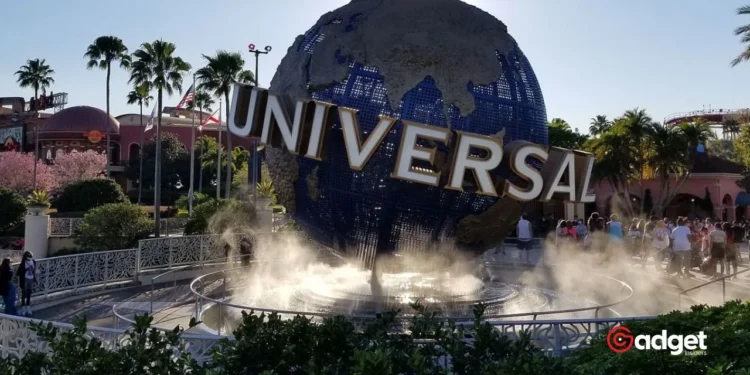In the ever-evolving landscape of theme park entertainment, two behemoths stand toe-to-toe: Walt Disney World and Universal Studios. Their rivalry is legendary, especially in the sun-drenched areas of Florida where they vie for the affection—and dollars—of tourists from around the globe.
Yet, beneath this fierce competition lies a complex tapestry of partnerships that shape the destiny of some of the most beloved attractions and characters.

Universal Studios’ Ambitious Expansion and the Marvel Rights Quandary
Universal Studios is not merely resting on the laurels of its existing attractions. The introduction of its third theme park in Orlando, named Epic Universe, slated for a grand opening in 2025, marks a significant shift in its strategy.
This new venture promises to bring an array of enchantments, including the much-anticipated Nintendo World and lands inspired by cinematic and literary classics like “How to Train Your Dragon” and Universal’s pantheon of classic monsters such as Frankenstein and Dracula.
But it’s not just about expansion. There’s a strategic play at work here, particularly evident in Universal’s handling of the Marvel characters.

Disney’s Tactical Countermoves and the Guardians of the Galaxy
Disney, for its part, has navigated these contractual waters with its characteristic strategic acumen. The introduction of the “Guardians of the Galaxy” roller-coaster at Epcot is a testament to Disney’s ability to innovate within the bounds of existing agreements.
Since the Guardians were not part of Universal’s lineup before their cinematic rise, Disney was free to capitalize on their newfound popularity without breaching any agreements.
The Uncertain Future of “The Simpsons” at Universal Studios
The most intriguing current development, however, revolves around “The Simpsons.” Since acquiring parts of Fox, Disney now owns this iconic franchise, stirring speculations about the future of “The Simpsons” land at Universal Studios.

Reports from Theme Park Tourists suggest that Universal may not seek to renew their contract, which expires in 2028. Signs of this potential shift are already visible, such as the aging screens at “The Simpsons Ride,” hinting at a lack of long-term investment in the attraction’s upkeep.
As the licensing deal’s expiration draws nearer, the industry watches closely. Will Disney and Universal renew their collaboration, or will “The Simpsons” find a new home, potentially even transitioning to a Disney park?
The implications are profound, not just for the companies involved but for the millions of visitors who cherish these theme park experiences.
A Dynamic Landscape of Theme Park Rivalries and Alliances
The relationship between Disney and Universal is emblematic of the broader dynamics at play in the entertainment industry—where fierce competition meets strategic partnerships.
As both parks continue to develop and redefine their offerings, the only certainty is the ongoing evolution of their rivalry and cooperation, much to the delight and anticipation of theme park enthusiasts worldwide.










